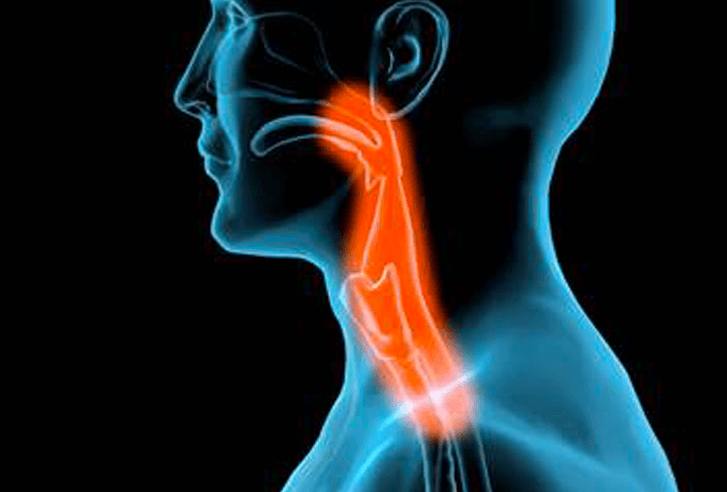If you use tobacco, you may be putting yourself at a higher risk of developing head and neck cancers according to research. But what if you don’t smoke—could you still be at risk? New research shows that there are other factors that can raise your risk besides tobacco use.
A growing number of people are developing head and neck cancers with 65,000 people estimated to be diagnosed in the US this year alone. Cancers of the head and neck include cancers of the oral cavity, throat, larynx (voicebox), nose, sinuses and salivary glands.
Understanding the Risk Factors
Alcohol and tobacco use—including smokeless tobacco—are the two most important risk factors for head and neck cancers. But there are other factors that can raise a person’s risk of developing this cancer including prolonged sun exposure and poor oral and dental hygiene. Researchers are also investigating the link between human papillomavirus or (HPV), which is sexually transmitted, and head and neck cancers. These studies are evaluating why HPV raises the risk of the disease and how the virus may affect the outcome of some treatments.
People can reduce their risk of developing head and neck cancer by not smoking or chewing tobacco, not drinking in excess and maintaining a healthy diet. Another recommended practice is to routinely visit your doctor and dentist.
Knowing the Symptoms
Cancers of the head and neck are very serious – an estimated 15,000 people die from the cancers annually – but are often curable if found at an early stage. Awareness of the signs and symptoms of head and neck cancers is the key to early detection. The following are symptoms of these cancers:
- Pain in the throat or ear that does not go away
- A visible lump or ulcer in the mouth that does not heal
- A change in voice or swallowing difficulty
- A mass in the neck or side of the face
If you have any of these symptoms, you should visit a primary care doctor. The physician will likely order x-ray tests and make a referral to a head and neck specialist for a diagnosis.
Expanding Treatment Options
If you are diagnosed with head and neck cancer, treatment usually involves surgery, often followed by radiation therapy and chemotherapy. Surgery is becoming less invasive, radiation therapy is becoming more targeted and chemotherapies are now more effective. Doctors at Mount Sinai Medical Center are also using newer biologic agents that work by helping the immune system fight these cancers. Mount Sinai has a team of specialists at its head and neck treatment center with experience in treating and diagnosing these types of cancers and the ability to deliver a high level of care for patients with complex conditions. Mount Sinai’s team specializes in minimally invasive procedures to treat cancers of the head and neck.


